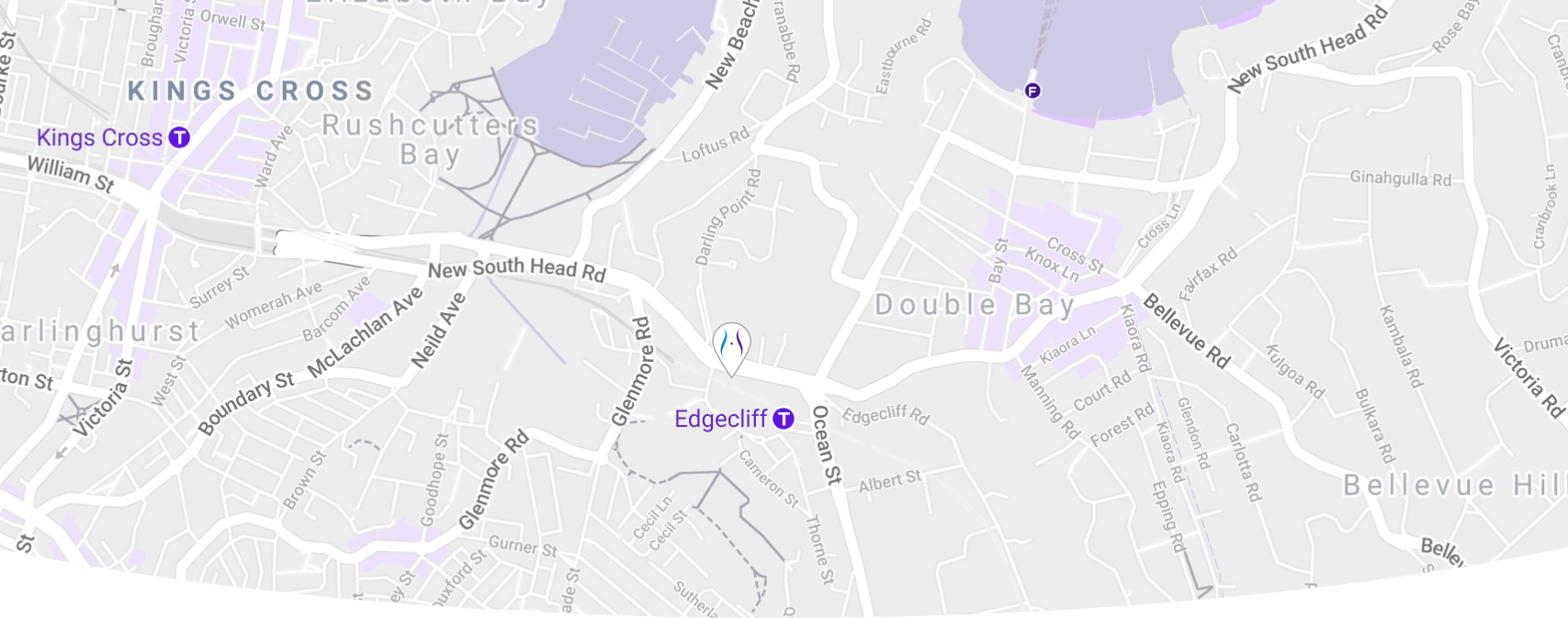Patient Information
What to bring to your first consultation
If you have any previous abdominal or hernia imaging please bring the scans or details of the Radiology Practice to enable Dr Anita Jacombs to access your images as well as your report.
If you have had any previous hernia surgery or operations where your hernia is located, please bring the details of these operations, surgeon(s) and/or hospital and dates of surgery. If additional information is required you may be asked to complete a “Request for Information” form to permit Dr Anita Jacombs, and her team, to access the relevant information, operation reports, discharge summaries and any other relevant medical information regarding your previous operations and treatment.
Please DO NOT organise any additional medical imaging or scans. If you require any additional specialist imaging this will be organised by Dr Anita Jacombs and discussed with you at your consultation.
Financial Consent Information
An Estimate of Fees will be provided for every procedure and operation. Informed Financial Consent is required to be provided by all patients prior to each procedure and operation.
What happens before my surgery?
For most patients who are having straightforward hernia surgery there is no specific pre-operative preparation.
For patients with complex hernia surgery or recurrent hernia surgery there may be several steps, including conducting specialised scans and preoperative abdominal wall preparation. Dr Anita Jacombs will discuss these in detail when they are required.
Patients with large and complex hernias often require pre-operative abdominal wall preparation to facilitate their operation. The main pre-operative treatment is with Botulinum toxin A (BTA, also called Botox® and Dysport®) that is injected into the side muscles of your abdominal wall. This treatment is done 2-4 weeks prior to your operation by Dr Anita Jacombs. If you need this treatment Dr Anita Jacombs will discuss the procedure, how it helps your operation and any other pre-operative preparation you require.
What should I do after my surgery (time off work, physical activity,
medication, other)?
Post-operative recovery is quite individual and return to work options will be discussed once a decision is made that you require surgery. In general, patients requiring umbilical and inguinal hernia surgery should organise at least 1 week off work for office/administrative/low-intensity based jobs and 2-4 weeks off work for construction or physically demanding jobs. Return to sport and exercise is likely to be around 4 to 6 weeks.
Patients undergoing more complex hernia operations or redo-operations will require a prolonged recovery which will be tailored to your individual condition and needs.
Follow up consultations

